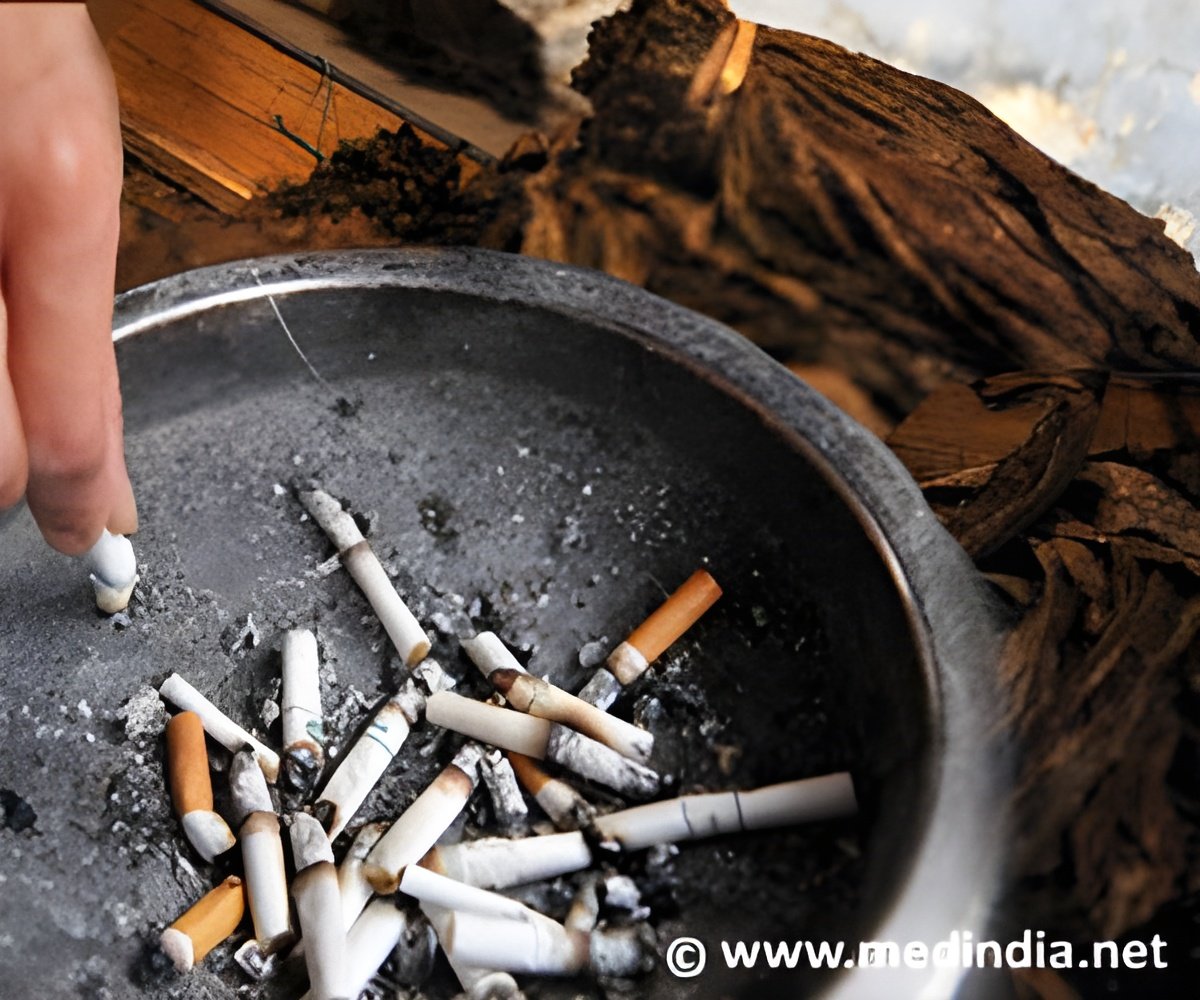A new study has revealed that the prevalence of tobacco smuggling in Europe is lower than what industry figures suggest.

Only tobacco purchased from unauthorised sources or sold at very heavily discounted prices from legitimate retailers was defined as having been illicitly traded. Health warnings and / or tax stamps that were either absent / inappropriate / tampered with, or clearly those of a duty free outlet were deemed the hallmarks of smuggled products.
Among the 18,056 participants, some 5,268 (27% of the sample) classified themselves as current smokers; the final analysis was based on the responses of 5,114.When quizzed about the provenance of their tobacco products, most respondents said they had bought them from a legal source. Just 4% said that they had purchased their tobacco illegally, amounting to 296 packs.
The only distinguishing feature of the purchasers of illicitly traded products was their educational attainment: those with low levels were significantly more likely to buy them.Two thirds (65.5%) of illicitly traded packs had an inappropriate health warning; half had an inappropriate tax stamp; and just over one in four (27%) had been bought at a knock down price.
The prevalence of illicit manufactured packs of 10 and 20 cigarettes was 5.9%, and 11.7% for hand rolled tobacco, with an overall prevalence of illicitly traded products of 6.5%. Industry commissioned reports put the overall figure at just below 10%. Hand rolled tobacco was twice as likely to have been illicitly traded as manufactured cigarettes. The availability of illicit tobacco was four times as high in countries bordering Ukraine, Russia, Moldova, and Belarus than it was elsewhere.
Almost four out of 10 tobacco products (37.8%) purchased in Latvia came from an illicit source; in Sweden the comparable figure was almost one in five (19%), with Bulgaria coming third in the league table at 18%.
Advertisement
But to date, analysts have relied heavily on reports commissioned by tobacco manufacturers, which are unlikely to be neutral, they argue.
Advertisement
Source-Eurekalert










